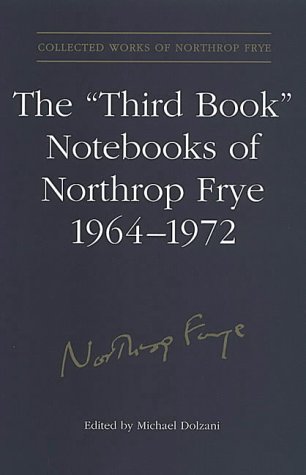
Bryan Lee O’Malley‘s cover for Shojo Beat
Is it any coincidence that the terms “starving artist” and “poor student” have become stereotypes in this country? As one of the latter I can tell you that although these terms may stick around for a long time, what they refer to—their “signified”–certainly will not. No, I’m afraid that if one continues to get poorer and poorer, hungrier and hungrier, he/she will eventually waste away. If left to starve, if left homeless for long enough, the artist and the student will die.
Right now, this type of negligence is occurring at the University of Toronto. The Centre for Comparative Literature is in a battle for its life. By extension, this battle is only one example of the perpetual struggle for artists and humanities scholars who promote and study culture in Canada. We are in the midst of a bona fide arts and culture famine.
Margaret Atwood, in an article published in the Globe and Mail, on Wed., Sept. 24th, 2008 and updated on Tues. Mar. 31, 2009, wrote the following:
[Prime Minister Stephen Harper] told us that some group called “ordinary people” didn’t care about something called “the arts.” His idea of “the arts” is a bunch of rich people gathering at galas whining about their grants. Well, I can count the number of moderately rich writers who live in Canada on the fingers of one hand: I’m one of them, and I’m no Warren Buffett. I don’t whine about my grants because I don’t get any grants. I whine about other grants – grants for young people, that may help them to turn into me, and thus pay to the federal and provincial governments the kinds of taxes I pay, and cover off the salaries of such as Mr. Harper. In fact, less than 10 per cent of writers actually make a living by their writing, however modest that living may be. They have other jobs. But people write, and want to write, and pack into creative writing classes, because they love this activity – not because they think they’ll be millionaires.” She prefaced these concerns by citing that the Conference Board estimates Canada’s cultural sector to have generated $46 billion, or 3.8 % of Canada’s GDP in 2007. She threw in another quote from the Canada Council that the sector consists of 600,000 jobs, which is the same as agriculture, forestry, fishing, mining oil and gas and utilities combined.
Her frustration is directed toward the lack of funding given to Canadian artists, but there is another—perhaps more painful—reality that lends to the anxious tone of her words: the lack of support and appreciation from Stephen Harper. It seems that “ordinary people” have trouble seeing the value in arts and culture, and this simple point is at the very core of the current Canadian divide between humanities scholars, writers, researchers, teachers, students, enthusiasts, and others. What will it take to prove that arts and culture are important?
In light of the recent World Cup Football Championship, I find myself wondering why it is that sports like soccer and hockey seem to have such a huge cultural following. When Canada won the Winter Olympics hockey final, I knew everything about that game,even though I am not a hockey fan. I could not avoid it—it filled up every space of my life: the people in the streets prevented me from going home, every channel on TV was broadcasting highlights, the neighbours’ celebratory cheers were ringing in my ears. The difference is that, when it comes to hockey, we Canadians feel a personal attachment. We “own” it.
By contrast, the arts are less a part of our culture as Canadians, and more a cultish obscurity. When, for example, I discovered that the Scott Pilgrim manga artist, Torontonian Bryan Lee O’Malley was coming to The Beguiling comic book store this summer, I nearly screamed with excitement. And what is more astounding, the famous artist/author, whose manga series is now being adapted into a major motion picture starring Canadian Michael Cera, is charging nothing for his book release party that includes a concert with four bands. In Toronto, I am sure that most people could not recognize the name Bryan Lee O’Malley despite his fame in the comic reading (under)-world and even in the entire high school and university student world!
Continue reading →




